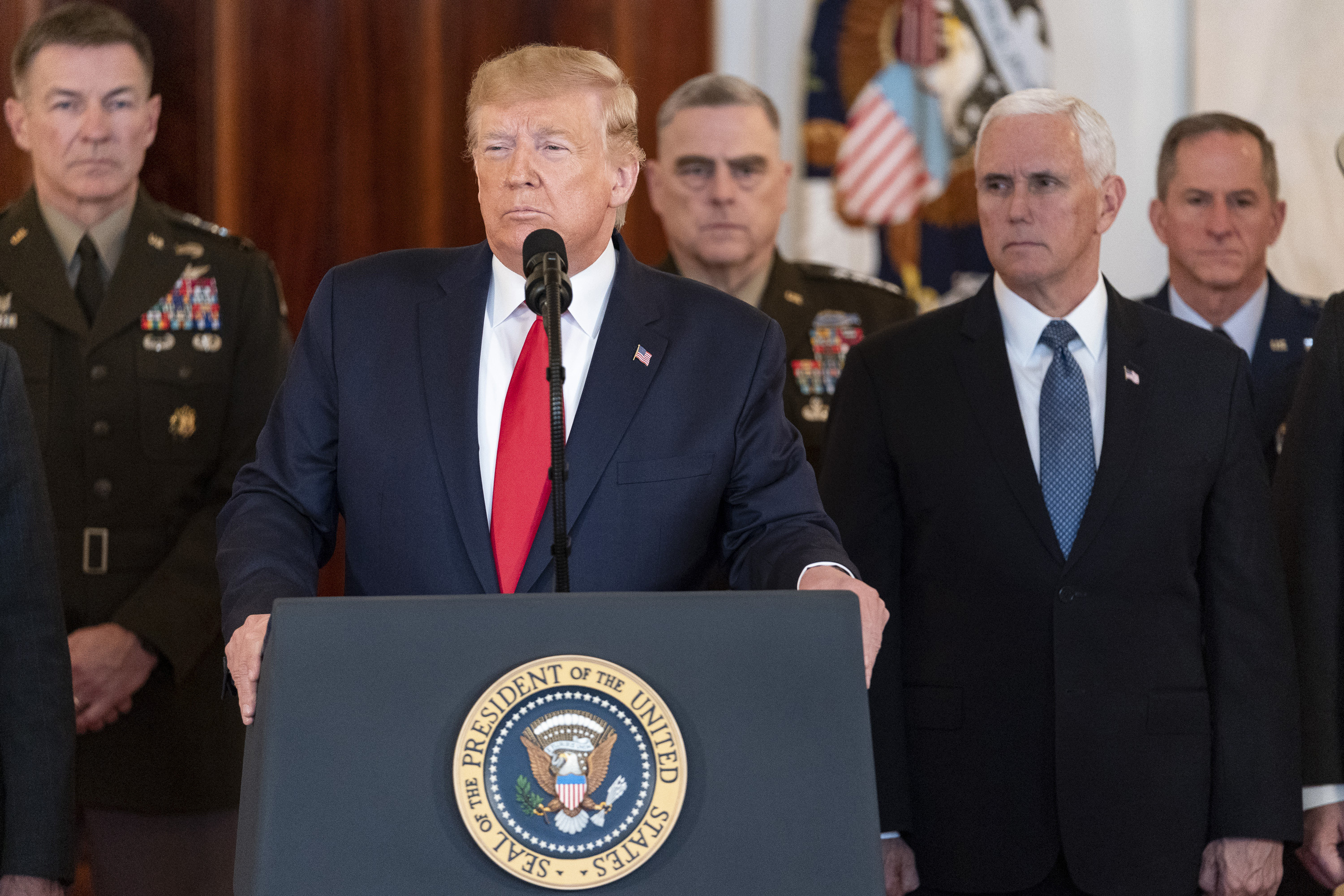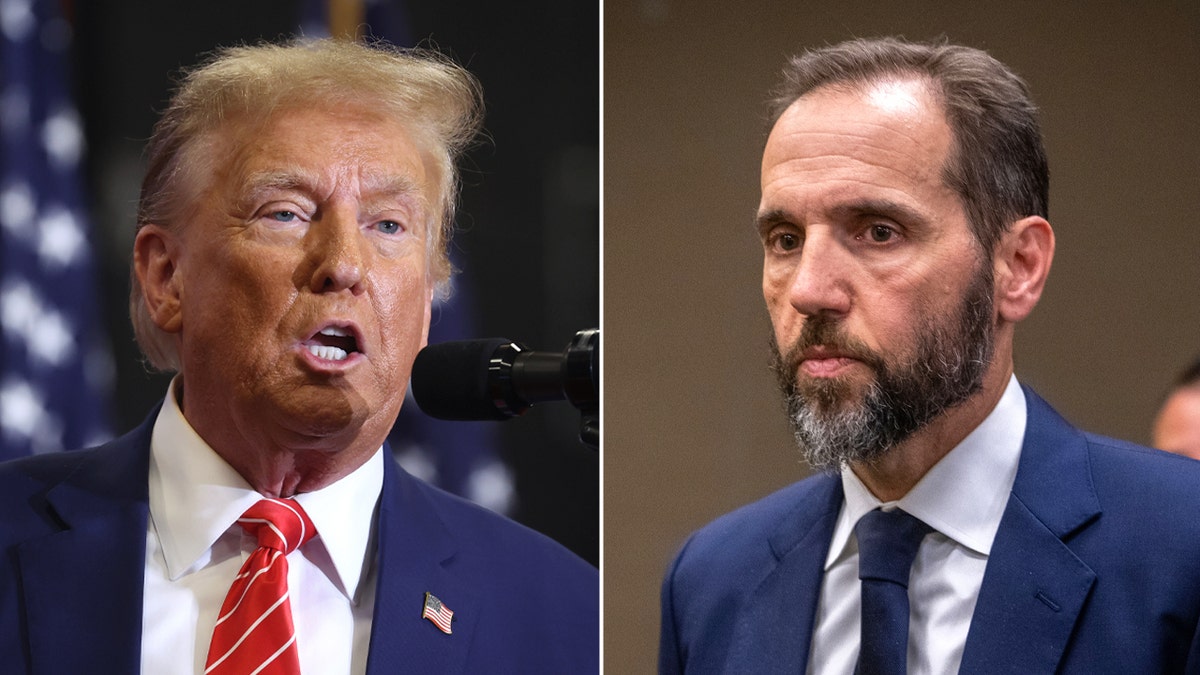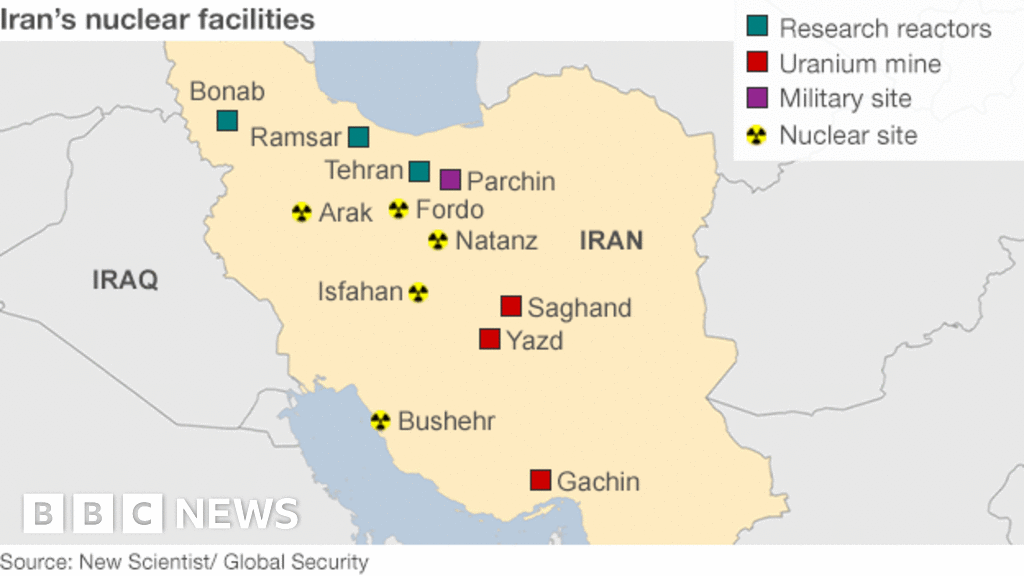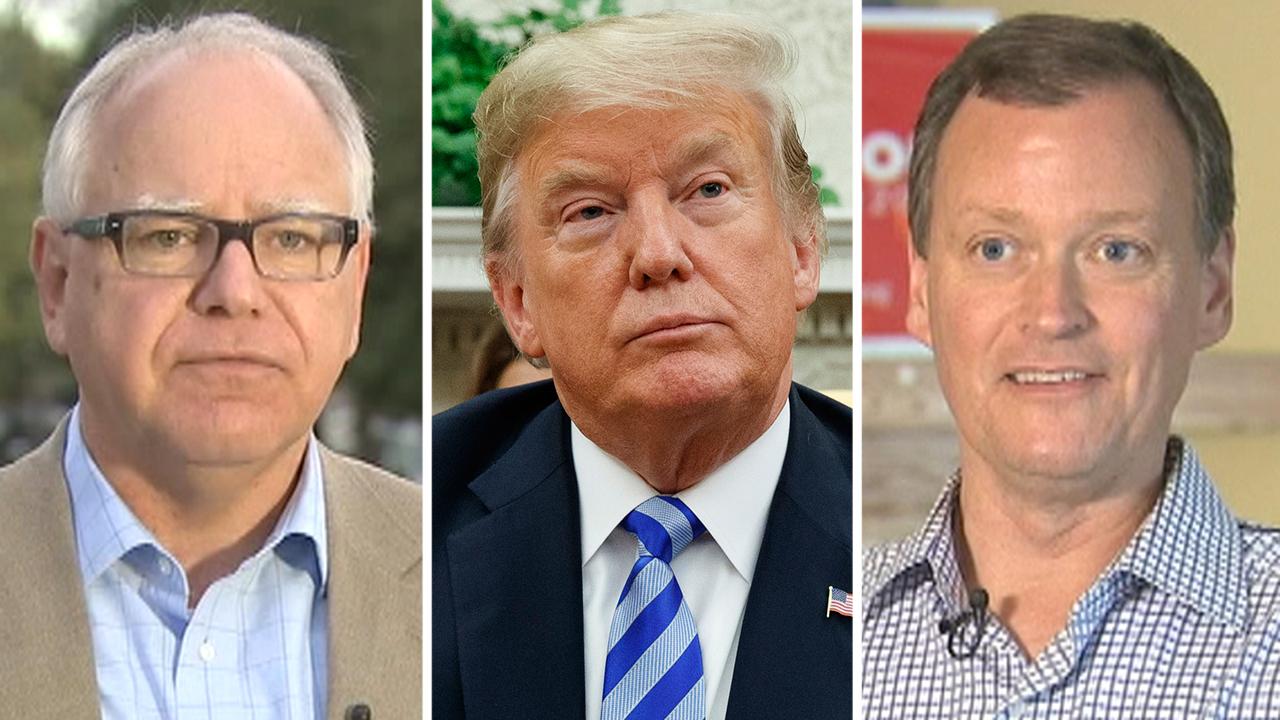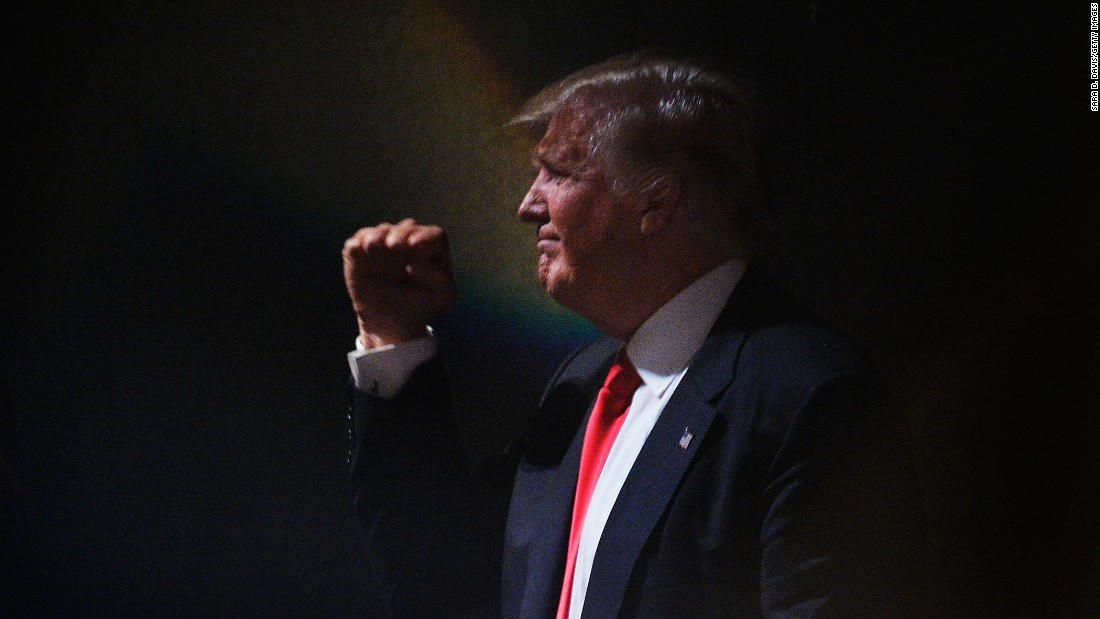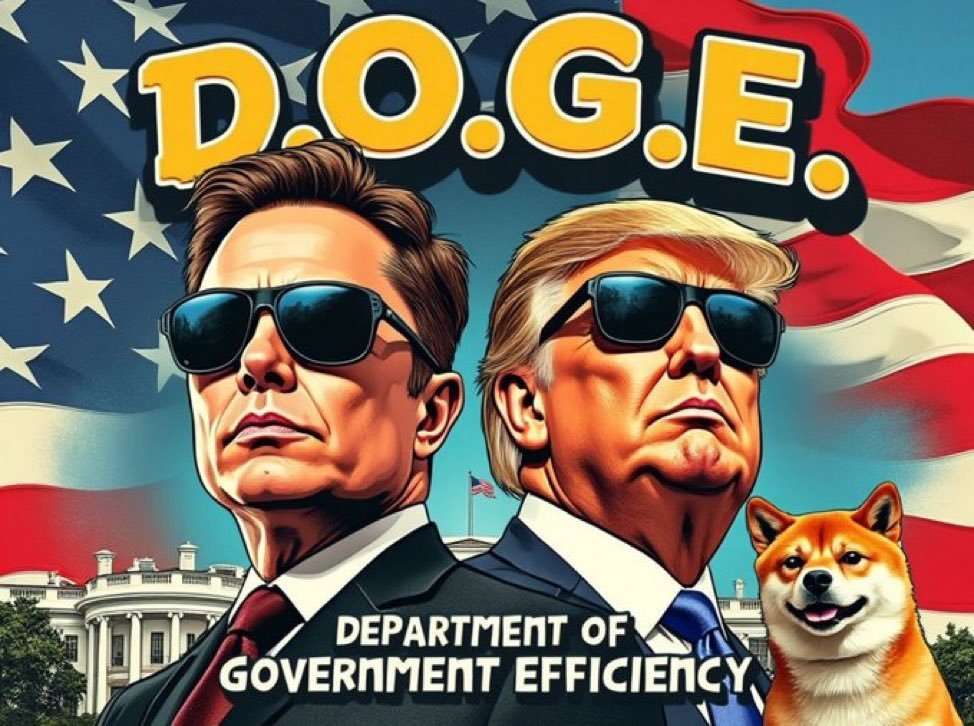Senate Parliamentarian Rules Against Provision Giving Trump Unilateral Power in Tax Bill
#senate parliamentarian #gop tax bill #checks and balances #judicial system #parliamentary procedures

About the People Mentioned
Donald Trump
Donald John Trump, born June 14, 1946, in Queens, New York, is an American businessman, media personality, and politician. He graduated from the University of Pennsylvania’s Wharton School in 1968 with a degree in economics. In 1971, he took over his family’s real estate business, renaming it the Trump Organization, through which he expanded into building and managing skyscrapers, hotels, casinos, and golf courses. Trump gained widespread fame as the host of the reality TV show *The Apprentice* from 2004 to 2015, which helped establish his public persona as a successful entrepreneur. Trump entered politics as a Republican and was elected the 45th president of the United States, serving from 2017 to 2021. His presidency was marked by significant policy actions including tax cuts, deregulation, the appointment of three Supreme Court justices, renegotiation of trade agreements (notably replacing NAFTA with the USMCA), and a focus on immigration control including border wall expansion. He withdrew the U.S. from international agreements such as the Paris Climate Accord and the Iran nuclear deal, and engaged in a trade war with China. His administration’s response to the COVID-19 pandemic was criticized for downplaying the virus’s severity. Trump was impeached twice by the House of Representatives—first in 2019 for abuse of power and obstruction, and again in 2021 for incitement of insurrection—but was acquitted by the Senate both times. After losing the 2020 election to Joe Biden, Trump challenged the results, culminating in the January 6, 2021, Capitol riot. He remains a central figure in American politics, having won the 2024 presidential election and returned as the 47th president in 2025, continuing to promote policies aimed at economic growth, border security, and military strength[1][2][3][4].
About the Organizations Mentioned
GOP
The **GOP**, or **Grand Old Party**, is the widely recognized nickname for the **Republican Party** of the United States, a major conservative political party founded in 1854. It originated from anti-slavery activists opposing the Kansas-Nebraska Act, uniting former Whigs and Free Soilers with a platform centered on halting the expansion of slavery. The party's early historic milestone was the election of Abraham Lincoln in 1860, which precipitated the Civil War; under Lincoln’s leadership, the GOP focused on preserving the Union and abolishing slavery[1][2][3]. Throughout its history, the Republican Party has evolved from its abolitionist roots to champion business interests, industrial growth, and economic policies favoring limited government intervention. In the late 19th and early 20th centuries, it promoted protective tariffs and infrastructure development. The party experienced fluctuating influence, losing ground during the New Deal era but regaining prominence with Dwight D. Eisenhower’s presidency in the 1950s, marked by moderate conservatism[1][2]. Today, the GOP advocates for reduced taxes, conservative social policies, limited government regulation, strong national defense, and states’ rights. It remains one of the two dominant forces in American politics, consistently shaping legislative agendas and national discourse[2]. The party is organized and led nationally by the **Republican National Committee (RNC)**, which manages fundraising, election strategies, and the party platform, coordinating efforts across states and counties under the leadership of a chairman[3][4]. Notably, the acronym "GOP" was popularized in the late 19th century and originally stood for "Grand Old Party," symbolizing the party's legacy in preserving the Union and championing liberty. It is now a common term in political commentary and media[3][5]. In recent years, the GOP has undergone significant membership changes in Congress and leadership adjustments, reflecting its dynamic role in U.S. politics as
Trump Administration
The **Trump Administration** refers to the executive branch of the United States government under President Donald J. Trump, covering two non-consecutive periods: his first term from 2017 to 2021 and his second term beginning in 2025. As an organization, it is responsible for executing federal laws, shaping public policy, and managing national affairs during its tenure. During the **first Trump Administration (2017–2021)**, the administration pursued a wide-ranging agenda focused on immigration reform, economic nationalism, deregulation, judiciary appointments, and foreign policy shifts. Key actions included building and expanding the U.S.-Mexico border wall—completing 458 miles by January 2021—and implementing strict immigration policies such as travel bans from several predominantly Muslim countries and rescinding the DAPA amnesty program[2]. The administration withdrew the U.S. from the Trans-Pacific Partnership trade deal, renegotiated NAFTA into the USMCA, and signed the "Buy American and Hire American" executive order to prioritize American workers[1][3][5]. Judicially, Trump appointed three Supreme Court justices—Neil Gorsuch, Brett Kavanaugh, and Amy Coney Barrett—significantly influencing the federal judiciary with over 200 judicial appointments[5]. The administration also focused on military expansion, combating ISIS, addressing the opioid crisis, and responding to the COVID-19 pandemic with vaccine development support[5]. Foreign policy was marked by controversial decisions including troop withdrawals from northern Syria, reinforced support for Saudi Arabia, and tensions with Iran and North Korea[4]. The administration faced two impeachments: first in 2019 over Ukraine dealings and again in 2021 following the January Capitol riot; Trump was acquitted by the Senate both times[4][5]. After losing the 2020 election, Trump returned for a **second term starting in 2025**, continuing his policy priorities with new regulatory changes and political appointments[6][8]. The Trump Administration
